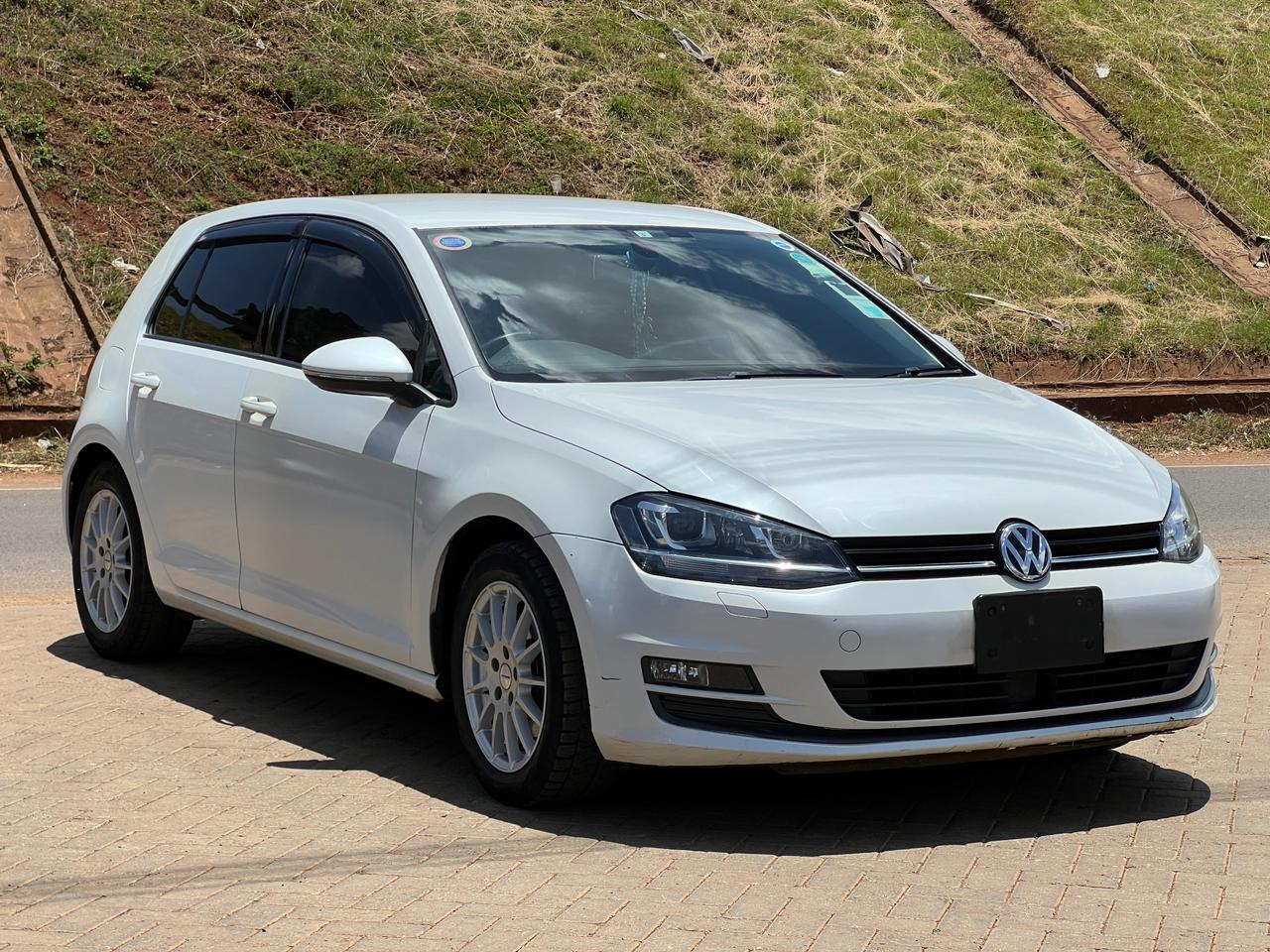Importing vs. Buying Locally in Kenya: Which Is Better for Your Next Car?
"Importing vs. Buying Locally in Kenya: Which Is Better for Your Next Car?"
Whether you're dreaming of cruising through Nairobi in a sleek Toyota Harrier or just need a reliable Demio for your daily errands, one big question always comes up:
Should you import your next car or buy it locally?
It’s a debate every Kenyan car buyer faces. On one hand, importing gives you access to fresh, clean vehicles straight from Japan, the UK, or Dubai. On the other, buying locally can save you time, paperwork, and even unexpected costs. But which one really makes more sense?
In this article, we’ll break down both options – human to human – so you can make the smartest, most informed decision for your wallet, lifestyle, and hustle.
🚙 CHAPTER 1: The Appeal of Importing Cars to Kenya
Let’s start with importing. In 2025, it’s easier than ever to import a car to Kenya. You can do it through an agent, a car bazaar with import services, or even online platforms like Be Forward, SBT Japan, or Autocom Japan.
But why are so many Kenyans still going the import route?
✅ 1. Access to Newer Cars (8 Years or Less)
According to Kenyan law, you can only import cars that are 8 years old or newer. This means most imports are from recent years – 2017 to 2023 as of 2025.
A 2018 Demio imported from Japan will almost always be cleaner and better maintained than a similar car sold locally.
✅ 2. Lower Mileage
Imported cars usually have lower mileage compared to local ones. Many vehicles from Japan, for example, are city cars rarely driven long distances.
✅ 3. More Variety and Customization
Want a sunroof, leather seats, fog lights, or rare trims like “GT Turbo”? Importing gives you access to those features. You’re not limited to what local dealers have in stock.
✅ 4. Better Condition (If You Pick Right)
Japan is known for high road standards and maintenance culture. Many cars come with full service history and are well-kept.
⚠️ BUT... Importing Isn’t All Smooth Roads
❌ 1. Long Wait Time
Imports take 4 to 8 weeks (sometimes more) from purchase to delivery. If you need a car today, this isn’t the option for you.
❌ 2. Import Costs Add Up
Here’s a simplified breakdown:
-
Car price in Japan: Ksh 700,000
-
Shipping: Ksh 90,000
-
Duties and taxes: Ksh 320,000
-
Port fees + clearing agent + delivery to Nairobi: Ksh 80,000
TOTAL: Ksh 1.19M+
By the time the car lands at your doorstep, it's no longer as cheap as it looked online.
❌ 3. Risk of Scams or Wrong Car
Not all dealers or agents are honest. Some people pay for cars and never see them. Others get "Grade 3" vehicles with accident history.
Solution? Always use trusted platforms, ask for auction sheets, and verify everything.
🚗 CHAPTER 2: The Case for Buying Locally in Kenya
Now let’s talk about local purchases — walking into a dealership in Nairobi, checking out a listing on Cheki, or buying directly from someone in your estate.
Why do so many Kenyans prefer this route?
✅ 1. Instant Access
You like the car? Test it. Pay for it. Drive it home the same day.
Perfect if:
-
Your current car broke down
-
You need to start Uber/Bolt fast
-
You want to see and touch before you buy
✅ 2. You Can Bargain
Local sellers are more flexible. You can negotiate prices down, especially if you’re paying in cash. Ksh 1.3M for a Harrier? Maybe you land it at 1.15M with good talk.
✅ 3. You See What You’re Getting
No waiting. No surprises. If the car is a bit worn, you’ll know. You can inspect it, test it, and take it to a trusted mechanic before sealing the deal.
⚠️ LOCAL BUYING COMES WITH PITFALLS TOO
❌ 1. Higher Mileage
Many local cars have been used for work — taxi, family, delivery — and often show wear. The same 2017 Fielder from Nairobi might have 170,000 km while the imported one has 60,000 km.
❌ 2. Unknown History
Unless the owner kept good records, you’ll be guessing the car’s past. Some have hidden accident damage or swapped engines. Others were stolen and recovered.
Pro tip: Always run a NTSA logbook search and consider a mechanic inspection.
❌ 3. Limited Options
Your choice depends on what's in the local market. Want a 2019 Subaru with EyeSight? Good luck finding it locally. You may need to import.
💰 CHAPTER 3: Let’s Talk Cost – What Do You REALLY Spend?
🔍 Example Comparison: Toyota Axio 2017
| Method | Import | Local |
|---|---|---|
| Purchase Price | Ksh 800,000 | Ksh 1.1M |
| Shipping + Fees | Ksh 420,000 | – |
| Total Cost | Ksh 1.22M | Ksh 1.1M |
| Mileage | ~60,000 km | ~130,000 km |
| Condition | Excellent | Fair-Good |
| Waiting Time | 6–8 weeks | Immediate |
So in this case, the local car is slightly cheaper, but has twice the mileage and maybe less history.
🧠 CHAPTER 4: Questions to Ask Before You Decide
Choosing between importing and buying locally depends on your goals.
Ask yourself:
-
How soon do I need the car?
-
Urgent? Buy local.
-
Can wait? Import.
-
-
What’s my budget?
-
Low budget? Import may offer more value.
-
High budget? You can explore either.
-
-
Am I okay with paperwork and waiting?
-
No? Go local.
-
Yes? Import might save you money long-term.
-
-
Do I want rare features or trim?
-
Import it.
-
Local market has fewer options.
-
-
Do I trust the seller/agent?
-
Use verified sources only — both for imports and local cars.
-
🔧 CHAPTER 5: Pro Tips from Kenyan Buyers
We asked real car owners and agents, and here’s what they recommend:
💬 "I imported my first Demio in 2021. Saved almost Ksh 200K compared to Nairobi bazaar prices. But I waited 7 weeks and had to bribe a port guy." – Felix, Uber driver, Kisumu
💬 "Bought my Voxy locally. It was more expensive than importing, but I got it in 1 day. That was the main thing for me – speed." – Sandra, mom of three, Ruiru
💬 "I always advise my clients: if you want to use the car for 5+ years, import. For short-term or resale flips, buy local." – James, car dealer, Mombasa
⚖️ CHAPTER 6: Verdict – Which Option Wins?
There’s no one-size-fits-all answer. But here’s a breakdown:
| Scenario | Best Option |
|---|---|
| Low budget + not urgent | Import |
| High budget + urgent | Buy locally |
| Want special features | Import |
| Afraid of port issues | Buy locally |
| Need resale profit | Import (clean title) |
| Just need ANY car fast | Buy locally |
✅ Final Thoughts: What Should You Do?
If you’re reading this, chances are you’re getting serious about owning or upgrading your car.
And that’s the goal here at Code and Clutch – to give you real, honest, Kenyan advice.
Whether you import from Japan or buy from a guy in Gikambura, the key is doing your research, asking questions, and never rushing.
Let your next car move be smart, safe, and satisfying.
👉 Ready to Start the Import Process?
Check out our full guide:
📖 How to Import a Car to Kenya in 2025





Comments
Post a Comment